The beautiful island of Sicily is much more than just another Italian region. The rich heritage and culture of the island is unique, and the landscapes diverse, making property for sale in Sicily highly desirable. Perhaps best known for its coastal tourist resorts, Sicily has a largely undiscovered heart full of character, history and breathtaking beauty.
Sicily lies to the south of Italy, and a short distance from the African coast. Of course, this location provides a wonderfully warm climate, but has also resulted in a series of historical invasions, with each conquering race leaving their mark in both the architecture and the culture of the island. Today property for sale in Sicily can be found on an island with a unique character, drawing inspiration from the Mediterranean way of life with a blend of the Arabic and African.
Property in Sicily can be found throughout the island, and in many diverse locations. Taormina is one of the best examples on Sicily of a true beach resort. The extensive facilities and spectacular beaches ensure that it remains one of Sicily’s best and most popular tourist spots, and is therefore one of the best locations of property for sale in Sicily for holiday lets. In complete contrast, the hilltop town of Enna is located at the heart of the island and largely untouched by mass tourism. The town boasts spectacular views over the Dittiano Valley, with vast rural landscapes and dramatic rocky outcrops. Here, perhaps more than anywhere else, the true traditional Sicilian way of live can be experienced.
Property for sale in Sicily can also be found in and around Palermo, the regional capital. Palermo is a busy and bustling city, packed with modern facilities such as shopping malls, restaurants and cinemas, as well as museums, art galleries and theatres, all blended with great Baroque churches, Norman cathedrals and spectacular palaces.
With such a rich history, property for sale in Sicily is often located near a historic building or important site. Perhaps one of the best examples of this is Siracusa (Syracuse), an important ancient Greek town and once home of Archimedes. Among the many historic attractions are the ancient Greek theatre, which shows traditional plays and dramas periodically, the archaeological park, and the vast maze of catacombs that run under the town.
Property for sale in Sicily is not just about owning a beautiful home or investment in the sun, but also about owing a little piece of the Sicilian way of life. All property for sale in Sicily is within easy reach of both historic towns and the countryside. The rural landscapes of Sicily are characterised by vineyards and olive groves growing in the fertile soil, but further inland the verdant plains give way to vast forests, lakes, and dramatic sun-drenched scenery dotted with rocky cliffs and hillside villages in which to buy property for sale in Sicily.
Sicily is also home to several nature parks, perhaps most famous the unspoilt countryside around the base of the dramatic snow-capped peaks of Mount Etna. Of course, property for sale in Sicily is also never far from one of the islands famous beaches. Sicily has some dramatic and beautiful seascapes, with sheltered bays and coves surrounded by high cliff walls, but most popular are the beaches near the resorts and those near Palermo, which are typically wide beaches with fine sand, lapped gently by the sparkling ocean. Though these beaches typically offer the best beachside facilities and access to watersports, the far south of the island is popular with surfers and windsurfers due to the higher winds and currents around the rocky peninsulas jutting into the sea.
The Sicilian way of life is not just centred around the natural beauty of the island, but also its rich cultural influences. As well as a great number of traditional festivals with various origins held throughout the year, there are also markets held in almost every reasonably sized town. Many of these are farmers markets and are a great opportunity to try some local produce, as well as hinting at the importance of food in the Sicilian culture. Property for sale in Sicily is never far from a wide selection of eateries serving fresh local produce, ranging from superb and acclaimed restaurants to small local brassieres, yet undiscovered by tourists, and, of course, the famed pasticceries selling the traditional local pastries. There are a great many local dishes originating in Sicily, with seafood being a particular speciality around the coastal areas, and, of course, Marsala wine.
Sicily is easily reached from Italy via short flights, ferry, or train. Sicily also has two airports, Catania in the west, and Palermo in the east. An excellent bus service runs from both airports to a variety of destinations on the island.
Property for sale in Sicily is much more than a warm and sun drenched tourist location. The island has a rich and unique heritage, as well as some truly spectacular scenery. The island has many faces, ranging from the traditional and beautiful interior, to the lively seaside towns of the coast. Property for sale in Sicily truly has something to suit every taste and need.
1. Making the Offer to Purchase (Offerta)
Once you have found the property you wish to purchase you will start the process by making a formal offer to the vendor, the estate agent will act on your behalf and put forward the offer, a deposit will be made available, generally around (10,000 - 20,000 EUR). Once the vendor has accepted the offer it will be formalised in writing to the vendor in both English and Italian. If this is accepted the deposit (Caparra Confirmatoria) will be paid to the vendor. This will form a legally binding contract. Neither party may withdraw at this point, the sale can be forced by either party or a claim for damages can be made. If the purchaser withdraws their deposit will be lost, if the vendor withdraws the purchaser can claim twice the deposit in compensation.
2. Signing the Preliminary Contract (Compromesso or Contratto preliminare)
The next step will take place between 1 and 3 months after the offer has been accepted, this is a formal agreement between the vendor and purchaser to sell and buy the property, this agreement is the Preliminary Contract and will contain the conditions and terms of the sale. It is important at this stage that you have a full understanding of all the details contained in the contract. We would strongly recommend that you appoint a Notary who is fluent in English. This document will include the purchase price, a detailed description of the property including completion date and will cover any obligations placed upon the buyer and the vendor. All information relating to the property including any planning permissions for the property and the cadastral details (a public record, survey, or map of the value, extent, and ownership of land as a basis of taxation). Once the Preliminary Contract (Contratto preliminare) has been signed a further deposit (Caparra Confirmatoria) will be paid, this will generally be 10% - 20% of the purchase price. There will also be an estate agents Commission Fee (Provvigione) which will need to be paid at this point.
3. Signing the Final Deed of Sale (Rogito or Atto Notarile)
The purchaser must have a bank account in order to make the purchase on completion. The signing of the final deed of sale which will authorise the transfer of the property must be overseen by a Notary (Notaio). The buyer will select and hire the Notary, but they are members of an independent body of public/professionals who will draft the purchase deed, they will oversee the passing of the title legally from the vendor to the purchaser. The Notary will also verify the legality of the documentation and registration with the Conservatoria dei Registri Immobiliari and the Local Land Register.
4. Formalities to be observed after Completion
Foreign buyers should obtain a certified copy of the Purchase Deed (Rogito), which the Notary will have lodged with the authorities. Generally this will be available to collect around 2 – 3 weeks after completion. The Notary will also give you a form to complete for the the local authority (Questura) who will have been given formal notice of the purchase. Your Notary will help you to complete this form. You will need to contact the utilities companies to set up new contracts (power, water, telephone, gas etc.). If the property is a flat, the condominium manager (Amministratore del condominio) should be informed of change of ownership of the property.
IMPORTANT - Disclaimer : All information provided is believed to be current and provided free of charge. No liability can be accepted for the reliability of the information and statements made as this is obtained from 3rd parties. We always recommend you take legal advice from a fully qualified Lawyer or Notary before buying a property overseas.
Taxation
Various taxes must be paid on purchases. Registration tax / stamp duty (Imposta di Registro) is calculated on the government’s valuation of the property (Valore catastale). This will vary according to whether the property is being purchased as a holiday home, or as your primary residence. For a holiday home stamp duty will be 10% of the valuation. If you are intending to use the property as your primary residence and apply for residency (Prima casa), providing this is done within 18 months of the property transfer then stamp duty will be reduced to 3% for an existing property and 4% for a new build. This will be paid to the Notary on completion of the purchase.
Land registration, mortgage and cadastral taxes also need to be paid to the Notary on completion. These are one-off payments and are around €168 each.
Once the property has been purchased further taxes must be paid. There is a local council tax ICI/IMU property tax (Imposta Comunale sugli Immobili) of 0.4% to 0.9% of the property’s cadastral value. The rate for this is calculated annually by the council and paid bi-annually in June and December. This rate will be reduced if the property is the primary residence (Prima Casa).
If you are not resident in Italy you will have to declare any income gained from activities in Italy to the Italian Tax authorities. This income will also have to be declared in your country of residence, you will need a double taxation agreement to mitigate against paying twice. This declaration will apply to any income you might obtain from letting a property in Italy. Some expenses incurred on the property may be off-set against the income you derive from letting out the property. This can include management expenses, local taxes, repairs etc.
There is one tax which applies only to holiday homes, there will be a 20% Capital Gain on the difference between the buying price and the selling price if the property is sold prior to 5 years ownership.
View Properties
IMPORTANT - Disclaimer :
All information provided is believed to be current and provided free of charge. No liability can be accepted for the reliability of the information and statements made as this is obtained from 3rd parties. We always recommend you take legal advice from a fully qualified Lawyer or Notary before buying a property overseas.
Close
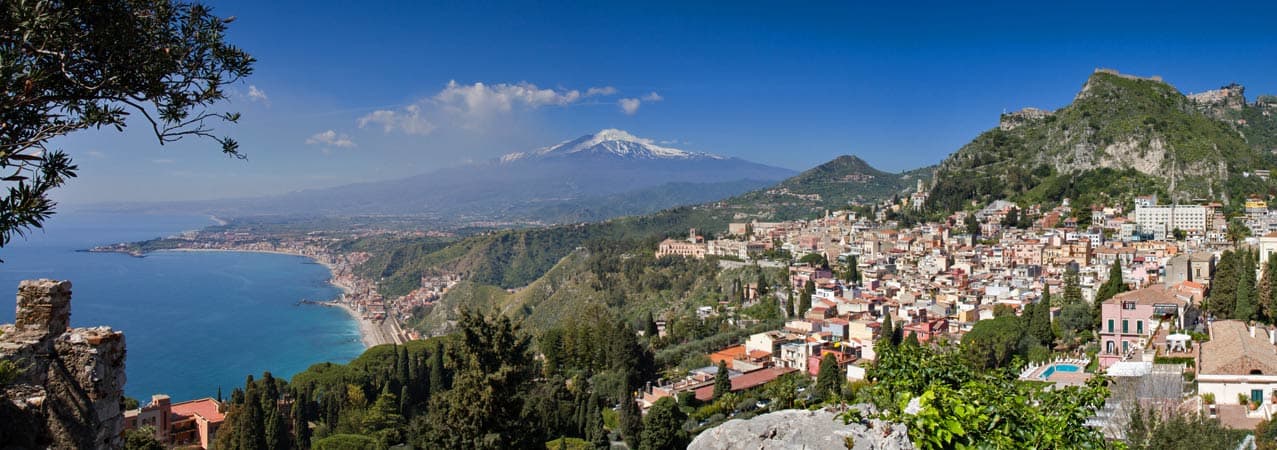



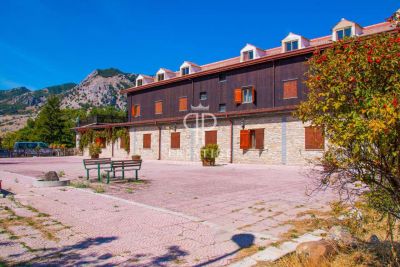


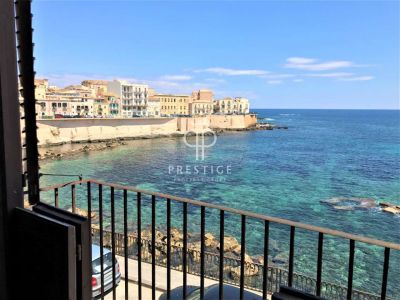



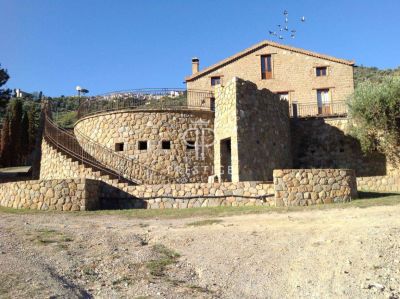
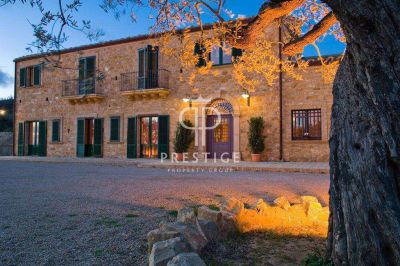
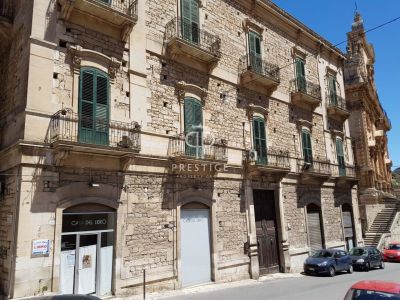

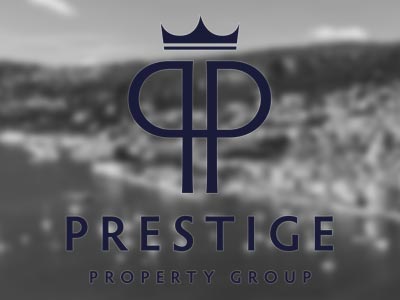
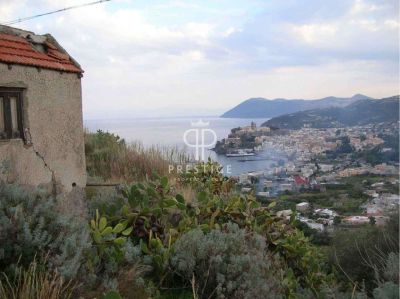


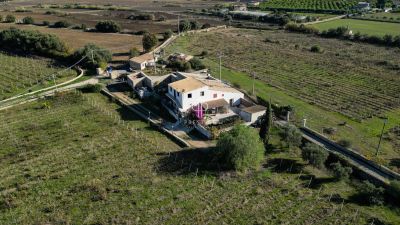
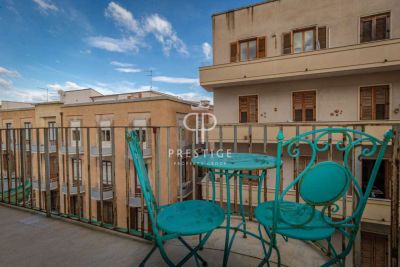
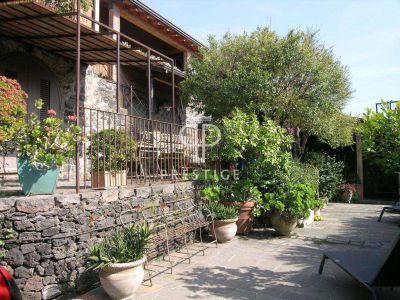

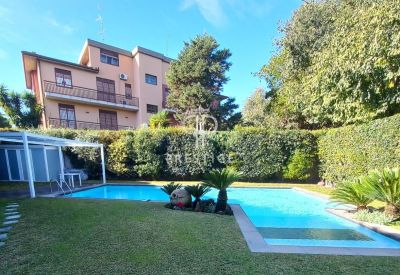
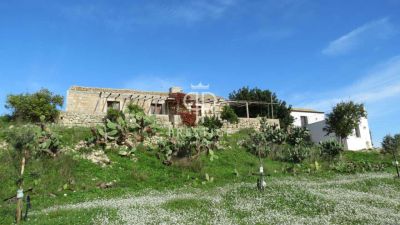
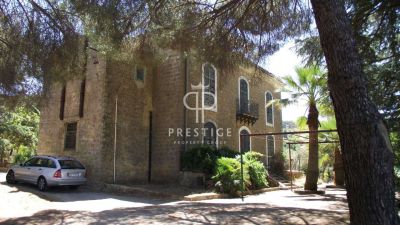
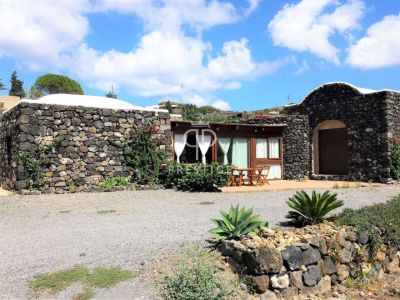
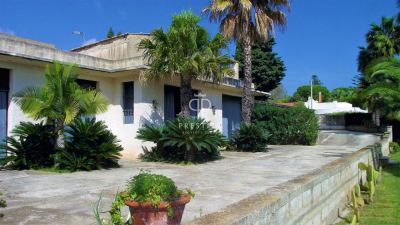

 Facebook
Facebook Twitter
Twitter Instagram
Instagram